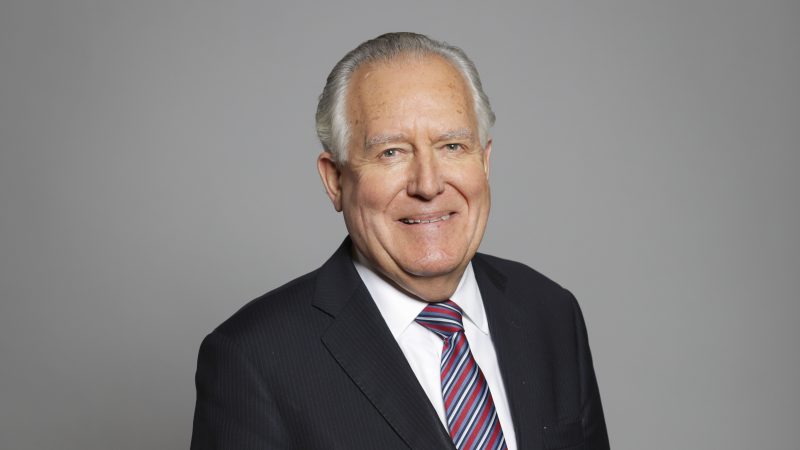
Like Sleeping Beauty newly awoken from her slumbers, Liz Truss is struggling to think straight as she wipes the sleep from her eyes. Memory is playing tricks on her; a fairy-tale recollection of the Thatcher years; amnesia over Labour’s economic record; and a flat denial of ten years of Tory austerity that makes one wonder what she was doing when George Osborne and Philip Hammond were running HM Treasury and people like me were calling for a big boost to public spending to get the economy growing again. She conveniently forgets that, under Thatcher, growth was so slow that unemployment rose to three million and stayed there for four years and that the budget was in deficit for nine of Thatcher’s 11 years in office.
And two weeks into her Tory leadership campaign, Truss had an epiphany, suddenly recalling that the UK economy has been growing painfully slowly for 20 years. Not so. According to the Institute for Fiscal Studies, the Labour decade before the 2008 global financial crisis saw the UK economy grow at an average annual rate of 3% – an historic record. This is where the funds came from to pay for Labour’s big increases in public spending, which cut NHS waiting times and waiting lists, massively boosted education, took a million pensioners and more than a million children out of poverty, relieved in-work poverty among two million families and opened thousands of Sure Start children’s centres. This is what fast growth can buy you if you prioritise public services and the common good over tax cuts for the fortunate few.
Truss’ parallel world erases the fact that, after 2010, Tory austerity meant a decade of slow or nearly no growth – one of the worst records in modern times. According to the Office for Budget Responsibility, ten years of Tory austerity slashed total spending in the economy by nearly 9% of GDP – more than £200bn in today’s figures – with public spending cuts forming 82% or £170bn of the total squeeze. Tax rises accounted for the rest. Herein lies the source of Tory economic failure.
Some of us warned at the time that austerity threatened to turn economic casualties from innocent victims into social outcasts. But our words fell on deaf ears. No one in Whitehall was listening. Truss was asleep in her fairy-tale world, blissfully ignoring the damage that austerity was doing, not just to hospitals, care and schools, but to the real economy that she’s suddenly discovered is in poor health. Meanwhile, Rishi Sunak was hopping between investment banks and hedge funds, before becoming an MP in 2015 and backing Boris Johnson and Brexit.
Truss says that the remedy for Britain’s deep-seated problems lies in giving the economy a fiscal boost in the form of tax cuts, whatever the consequences for public borrowing. But we know where Tory tax cuts today would lead: not to economic recovery and faster growth given the UK’s abysmal levels of productivity, skills and investment. Not to a better world. But to public spending cuts and even more suffering – especially among the last, the least and the lost of British society.
It took two weeks of the Tory leadership contest for Truss to contrive a fictitious version of the history of the past 20 years. She is now trying to win the backing of Tory Party members for a programme of wholesale public spending cuts, masquerading as a radical plan for tax cuts unconstrained by any implications for government borrowing.
In his 1964 novel Corridors of Power, C P Snow wrote that political memory lasted about a fortnight. The Tory leadership contest is due to last six weeks. We will soon see how much staying power Truss’ fanciful version of the past, present and future has among Tory members. Polling suggests a majority want to believe it. Many of them, too, can’t face admitting that Johnson has been peddling fairy tales his whole career. Small wonder that Truss wants to be seen as the continuity candidate.




More from LabourList
‘Labour is being badly misled on housing’
Reeves bets on patience over populism
‘Energy efficiency changes must work for older private renters’